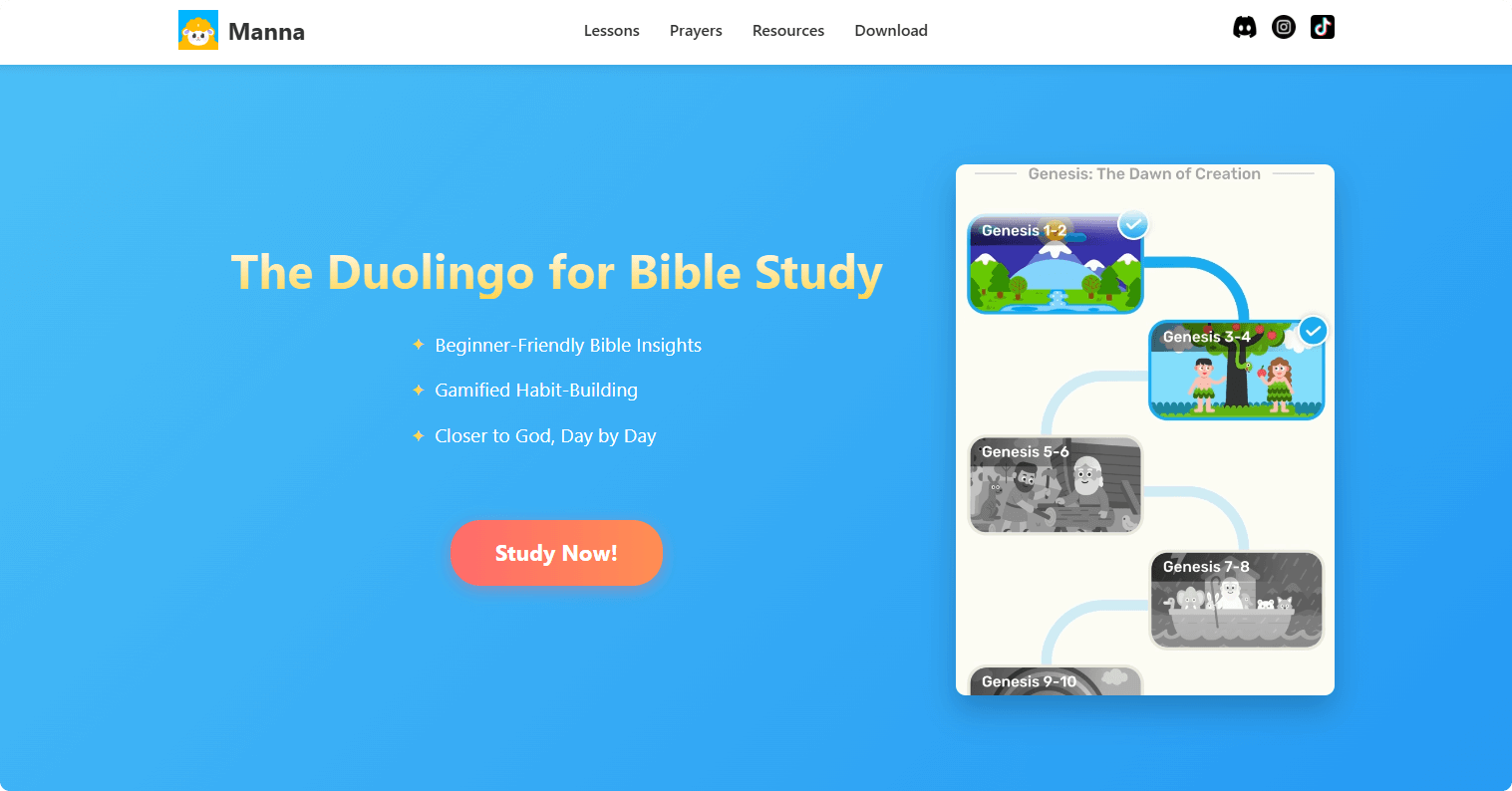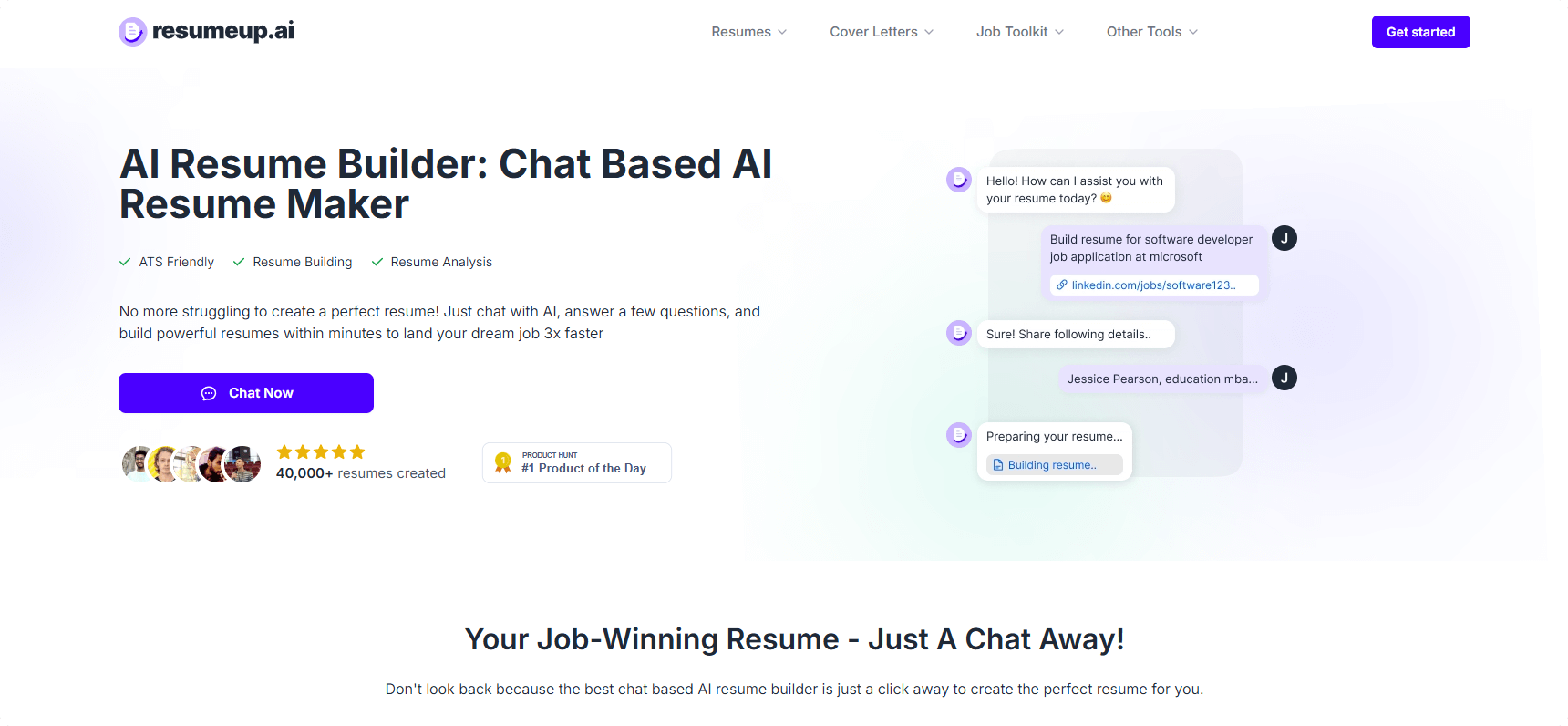The AI era is approaching. Should programmers choose to lie flat or embrace it?
WIRED magazine recently released a survey report titled *How Software Engineers Actually Use AI*, which investigated the usage of AI programming assistants among 730 programmers. Below, I interpret the reasons behind the report by combining survey data with my personal observations, and discuss its future implications and trends.
Three-quarters of programmers have tried using AI, and 17% use it around the clock.
Report Data:
Three-quarters of developers have tried AI tools in their work. The vast majority of them use them at least once a week, and 17% said they “use them almost constantly”.
This indicates that programmers have a very high acceptance of AI programming assistants (such as ChatGPT, GitHub Copilot, Cursor, etc.). The fact that “two out of three people are using them” far exceeds the expectations of many people. The reasons include:
- Curiosity and Dividends: Developers are highly sensitive to new technologies. After the explosive popularity of ChatGPT, a large number of programmers experienced it out of curiosity and indeed found it beneficial in terms of efficiency. Once they started using it, they easily formed a habit.
- Truly Useful: AI effectively saves time and effort in generating boilerplate code, solving complex problems, and providing examples. Many people have shifted from “using it occasionally” to “using it every day,” and some tasks have almost become inseparable from AI.
- AI Tools Integrated into the Development Environment: Tools like VSCode + GitHub Copilot/Cline/Cursor, which are plugin-based, allow programmers to invoke AI for automatic code completion at any time. Among the 17% of “full-time users,” AI has essentially become an essential part of their coding process.
However, about 25% of programmers have not used AI programming assistants, possibly due to:
- Domain Limitations: For tasks such as writing low-level systems or hardware drivers, AI offers limited assistance, or general-purpose models fail to meet specific requirements.
- Security Concerns: Some companies worry about code leakage and explicitly prohibit the use of external AI services. There are also concerns about copyright compliance.
- Technical Sentiment: Some traditional programmers believe that “writing code by hand feels more reassuring” and are skeptical, reluctant, or even dismissive of using AI.
General situation of the investigation subjects
The respondents range from beginners to senior engineers, and from freelancers to employees of large companies, thus demonstrating strong representativeness.
The Divided Attitudes towards AI: Optimistic vs Pessimistic vs Neutral
The report data shows that the attitudes towards AI are evenly divided into three categories, with relatively close proportions:
35.6% are optimistic, 26% are neutral, and 38.4% are pessimistic.
Programmers are having a heated discussion on social media about the topic of “Whether AI will replace human programmers”. The general consensus is that AI is still far from being able to handle all aspects of human programming work and is more like an intern or an assistant. However, there are still a small number of people who worry that AI will eventually be able to take over all programming jobs and lead to layoffs.
Overall:
- In the short term, AI is more likely to change the content of programmers’ work rather than directly leading to their unemployment. AI excels at patterned output, while creativity and judgment still require human oversight.
- In the long run, as AI technology develops, certain highly standardized programming tasks may be significantly automated by AI, potentially reducing the number of related positions. Senior roles that require creativity and complex decision-making will become more valuable.
- Corporate behavior is uncertain. If AI matures to the point where it can replace some development work, some companies may, in pursuit of profit, drastically reduce their workforce prematurely. Such scenarios are not uncommon in history. Programmers’ anxiety sometimes stems not only from technological threats but also from potential rash decisions by management.
- On a psychological level, the persistent popularity of the topic “AI replacing programmers” on social media can easily cause anxiety among practitioners. Some choose to “intensify their efforts,” desperately learning AI, while others become discouraged. The optimists may claim they are “not afraid” verbally, but they are also closely monitoring the trajectory of AI technology.
Differences in Views on AI among People with Different Levels of Experience
According to the report:
75% of junior programmers are optimistic about AI; nearly half of intermediate developers hold a pessimistic view; senior engineers, on the other hand, display a mix of optimism and caution.
This phenomenon is different from the imagination that “the older generation of programmers are most resistant to AI”. On the contrary, mid-level engineers are particularly anxious. Possible reasons:
- Junior Programmers: Excitement of Feeling at Home in the Role
With limited experience, AI can significantly compensate for their knowledge gaps. The positioning of AI as a “highly efficient intern” greatly benefits newcomers, reducing the frustration often felt in their work. As younger generations are more receptive to new technologies, they naturally tend to be more optimistic. - Mid-Level Developers: Crisis and Skepticism
Positioned as the backbone of their teams, they have moved past the “novice” stage but have not yet firmly stepped into senior roles. Watching AI advance rapidly, they worry that “skills accumulated over years might be easily replicated by AI.” At the same time, with a deep understanding of the complexity of software development, they remain skeptical of the claims that “AI can fully automate coding.” - Senior Engineers: Calm and Pragmatic
Having gone through multiple technological transformations, they approach AI with greater rationality. While welcoming its potential to boost productivity, they do not blindly overestimate its capabilities. Typically, they view AI as part of a broader toolkit, integrating it with their own experience rather than relying on or rejecting it outright.
In the survey, the comment from a senior developer is quite representative:
“Senior management often fails to truly understand AI, which can lead to unrealistic fantasies; junior developers sometimes rely too heavily on AI without understanding the essence of the code.”
For mid-level engineers, they are caught between “high expectations from bosses” and “strong dependence from newbies,” bearing significant pressure, which naturally leads to anxiety.
Independent developers prefer to use AI
The report mentions:
Independent developers are 33% more optimistic about AI than full-time developers.
Among companies that support AI, two-thirds of employees are actually using AI; 4% of employees are secretly using it.
On social media, independent developers, who are often heavy AI users, are the most frequent group to “use AI to write code and showcase their achievements.” In contrast, while programmers in companies also use AI, their overall usage is slightly lower. Corporate attitudes also influence employees’ usage—more than half of the companies are willing to pay for their employees’ AI tools, while only 4% of employees choose to “use them secretly.”
Why does such a difference exist?
- Independent Developers: Working solo without colleagues for immediate discussions, AI serves as a round-the-clock “partner.” When facing changes in different industries or projects, AI can quickly fill skill gaps. Since efficiency is directly tied to income, their reliance on AI is naturally deeper.
- Company Employees: In a team collaboration environment, they have colleagues to consult. Many companies also have usage regulations, such as prohibiting the uploading of sensitive code, which restricts employees from using AI freely. Additionally, with fixed salaries, improving efficiency does not necessarily lead to higher income, lacking the “livelihood-driven” motivation seen in independent developers.
- Corporate Policies: Some companies are very supportive of AI tools, purchasing paid versions and encouraging employees to use them; however, other companies adopt a cautious wait-and-see approach or even prohibit their use, which limits the actual usage rate and frequency within teams.
How Do Programmers Use AI? The Influence of Work Experience and Occupational Types
Programmers generally use AI in three ways:
- Directly in the browser (ChatGPT web version)
- Integrated into IDEs (e.g., GitHub Copilot, Cursor, etc.)
- Mobile/Desktop App (e.g., Copilot App, etc.)
About one-third of senior programmers (with more than 20 years of experience) choose to integrate AI directly into their IDEs.
It should be noted that:
- Many people combine multiple methods and are not limited to a single channel.
- Senior developers prefer to integrate AI into their daily work processes and don’t want to frequently switch windows to the browser. They care about “how smoothly it works” rather than just “whether it works”.
The Positive Changes AI Brings to Programmers’ Work
Quite a few programmers speak highly of AI:
“AI has increased my efficiency by 4 times.”
“Testing and writing documentation have become much easier.”
“Let AI help me check the logic and reduce the error rate, so that I can focus on the more creative parts.”
“I can now focus more on the big picture and worry less about trivial coding details. I write less code, but I think more. Moreover, I’m more willing to explore unfamiliar programming languages.”
“I used to run a small company and had to hire someone to write code. Now with AI, I can design and develop complete programs on my own. This was something I could never have imagined before.”
The Limitations and Challenges of AI
Some people also point out the defects of AI:
“Imagine having a colleague who always talks nonsense. This colleague is AI.”
“A group of complete beginners expecting AI to automatically handle everything is just naive.”
“My friends thought my job was worthless just because they used AI to create an HTML page casually, but they actually have no idea what to do next.”
“AI can handle some boring and repetitive tasks, but when faced with real problems, it can’t even figure out the most basic logic.”
“Due to the emergence of AI, I simply quit the software industry.”
These feedbacks indicate that AI is not omnipotent and cannot replace programmers’ control and in-depth understanding of business logic and architecture design.
Final Thoughts: The Real Impact of AI on the Programming Industry
From the investigation by WIRED and the above analysis, it is evident that AI is profoundly transforming software development. However, this impact is multifaceted and complex, and it cannot be simply stated that “programmers will be replaced” or that “efficiency will be increased by a hundredfold.” What can be confirmed is that AI has already changed the way many people work, bringing both anxiety and hope.
Worrying aspects:
- Risk of Skill Degradation: Over-reliance on AI may lead to the weakening of programmers’ own coding and debugging abilities. Once the AI outputs incorrect results, developers may struggle to identify the issues in a timely manner.
- Reduction in Entry-Level Positions: As AI can handle basic tasks, companies may reduce their demand for entry-level talent, potentially redefining industry entry barriers. For programmers, “being able to use AI” will become a basic competency.
- Security and Compliance Risks: Code generated by AI may contain latent security vulnerabilities. Without strict review, future risks could be unpredictable.
- Psychological Pressure: Concerns about senior management’s over-reliance on AI capabilities, leading to blind layoffs or unrealistic project targets, can create anxiety among frontline employees. This “uncertainty” may negatively impact their performance.
Positive aspects:
- Efficiency Improvement: The emergence of AI has effectively reduced a significant amount of repetitive work, allowing programmers to focus more on creative and strategic tasks.
- Lowered Barriers and Increased Innovation: AI assistance enables more people to quickly realize their ideas or experiment at a lower cost, leading to a boost in innovation vitality.
- Human-AI Collaboration Becomes a Trend: AI and human developers complement each other, creating a “1+1>2” effect. Programmers who understand AI are more competitive, and teams can deliver greater value.
- Driven by Continuous Learning: The rise of AI compels programmers to continuously upgrade themselves. In the long run, this serves as a driving force for both personal growth and industry advancement.
The programming industry in the AI era is full of uncertainties, yet it also presents opportunities. Judging from the discussions about AI among programmers on social media, most programmers have neither given up nor chosen to “lie flat” due to AI. Instead, they are rationally assessing the situation and embracing the changes by leveraging their own strengths. Just as in every past evolution—from assembly language to high-level programming languages, from manual coding to auto-completion, and now to AI-generated code—human-machine collaboration has always driven new heights, and AI will be no exception.
Related Posts




